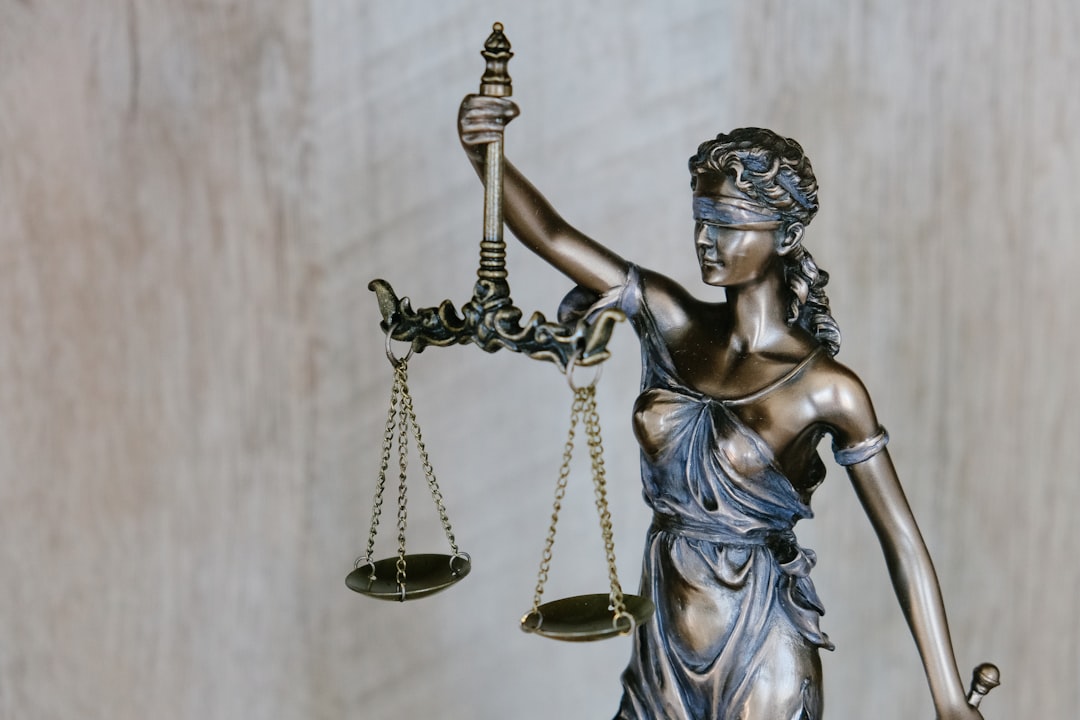In Nevada, "no call" laws restrict telemarketing, and No Call Lawyers navigate these regulations. AI algorithms analyze call data, differentiate between legitimate contacts and violations, and automate tasks, enhancing enforcement efficiency. While AI offers benefits, ethical considerations like bias, privacy, and data security are crucial for maintaining legal integrity. Despite challenges, AI's future in law looks promising, with potential for case preparation, research, and outcome prediction, balancing leverage with ethical standards for No Call Lawyer Nevada services.
“The future of artificial intelligence (AI) in enforcing no-call laws in Las Vegas, Nevada, promises significant transformations. With growing consumer protection demands, AI is poised to revolutionize legal compliance. This article explores the intricate relationship between AI and no-call law enforcement in Nevada, delving into its benefits, challenges, and ethical implications.
We analyze how AI can streamline processes for No Call Lawyers, enhance efficiency, and improve consumer experiences. By examining these aspects, we offer insights into the exciting prospects and potential pitfalls of AI integration in this domain.”
Understanding No Call Laws in Nevada and Their Enforcement Challenges

In Nevada, “no call” laws restrict unsolicited telemarketing calls, aiming to protect residents from excessive or unwanted contact. These laws are crucial for maintaining a balance between businesses’ marketing efforts and consumers’ privacy rights. However, enforcement presents challenges. Traditional methods rely heavily on manual review and consumer complaints, which can be time-consuming and subjective. This leaves room for improvement in identifying and penalizing violators effectively.
No Call Lawyers in Nevada play a pivotal role in navigating these regulations. They assist businesses in understanding compliance requirements while helping consumers assert their rights. With AI, the enforcement process can be transformed. Machine learning algorithms can analyze call data, patterns, and consumer preferences to distinguish between legitimate contacts and violations, making the system more efficient and accurate.
The Role of AI in Streamlining and Enhancing No Call Law Enforcement

The integration of AI in no-call law enforcement is revolutionizing how violations are identified and addressed in Las Vegas. With its ability to process vast amounts of data, AI can quickly scan and analyze caller information, identifying patterns and potential offenders who repeatedly ignore Nevada’s no-call laws. This technology streamlines the investigation process, enabling No Call Lawyers to focus on more complex cases while ensuring a faster response time for valid complaints.
AI enhances enforcement by automating routine tasks, such as data collection and initial screening, allowing human agents to concentrate on nuanced legal strategies. This not only improves efficiency but also ensures that resources are allocated optimally. By leveraging AI, No Call Lawyers can better protect residents from unwanted telemarketing calls, ensuring compliance with Nevada’s stringent regulations and providing a more robust defense for those affected by such violations.
Ethical Considerations and Future Prospects for AI in Legal Domain

The integration of Artificial Intelligence (AI) into legal practices, especially in enforcing no-call laws, brings about a myriad of ethical considerations. As AI technologies become more advanced, they have the potential to streamline legal processes and improve efficiency. However, concerns regarding bias, privacy, and data security are paramount. In Nevada, where no-call laws are stringent, ensuring these systems operate within ethical boundaries is crucial. Bias in AI algorithms could lead to unfair treatment of individuals or businesses, impacting their right to a fair trial.
Looking ahead, the future prospects for AI in the legal domain are promising. It can assist legal professionals in Las Vegas’s no-call lawyer services by analyzing vast amounts of data quickly and accurately. This technology might enhance case preparation, research, and even predict potential outcomes. Moreover, AI could automate certain legal tasks, reducing the workload on lawyers and allowing them to focus on more complex issues. Yet, it is essential to strike a balance between leveraging these tools’ capabilities and preserving the ethical standards that underpin the legal system.






